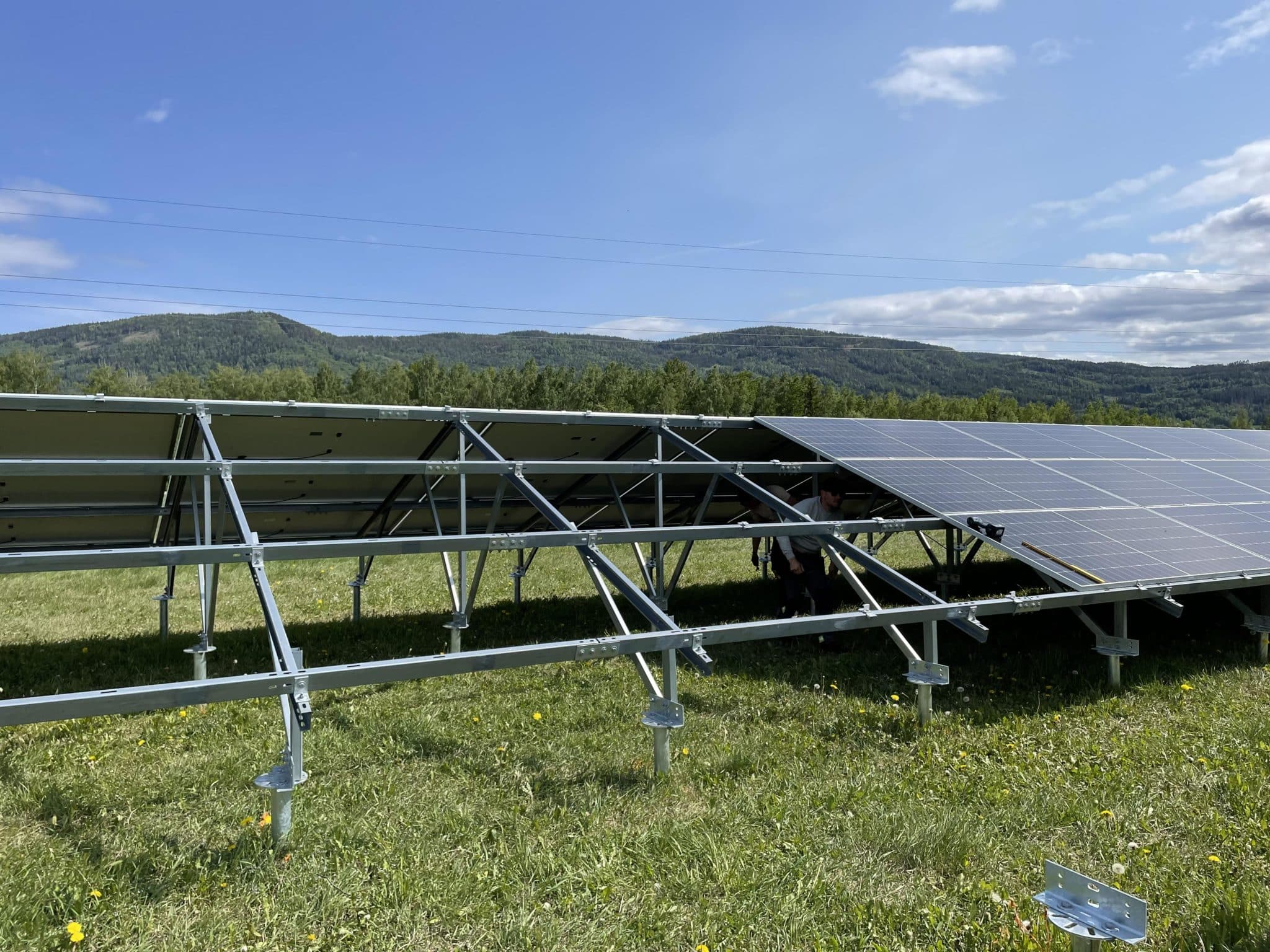After more than 13 years with the Marka Act, which applies exclusively to these protected zones, we support the Ministry’s initiative to make necessary adjustments that will ensure the law remains clear, effective, and user-friendly while upholding its original purpose.

Navigating the Norwegian Real Estate Landscape in 2025
As we enter a new and exciting year in the Norwegian real estate sector, it’s crucial for property developers to stay informed about the evolving regulatory framework. Here, we summarize key issues that real estate stakeholders should be aware of in 2025.





